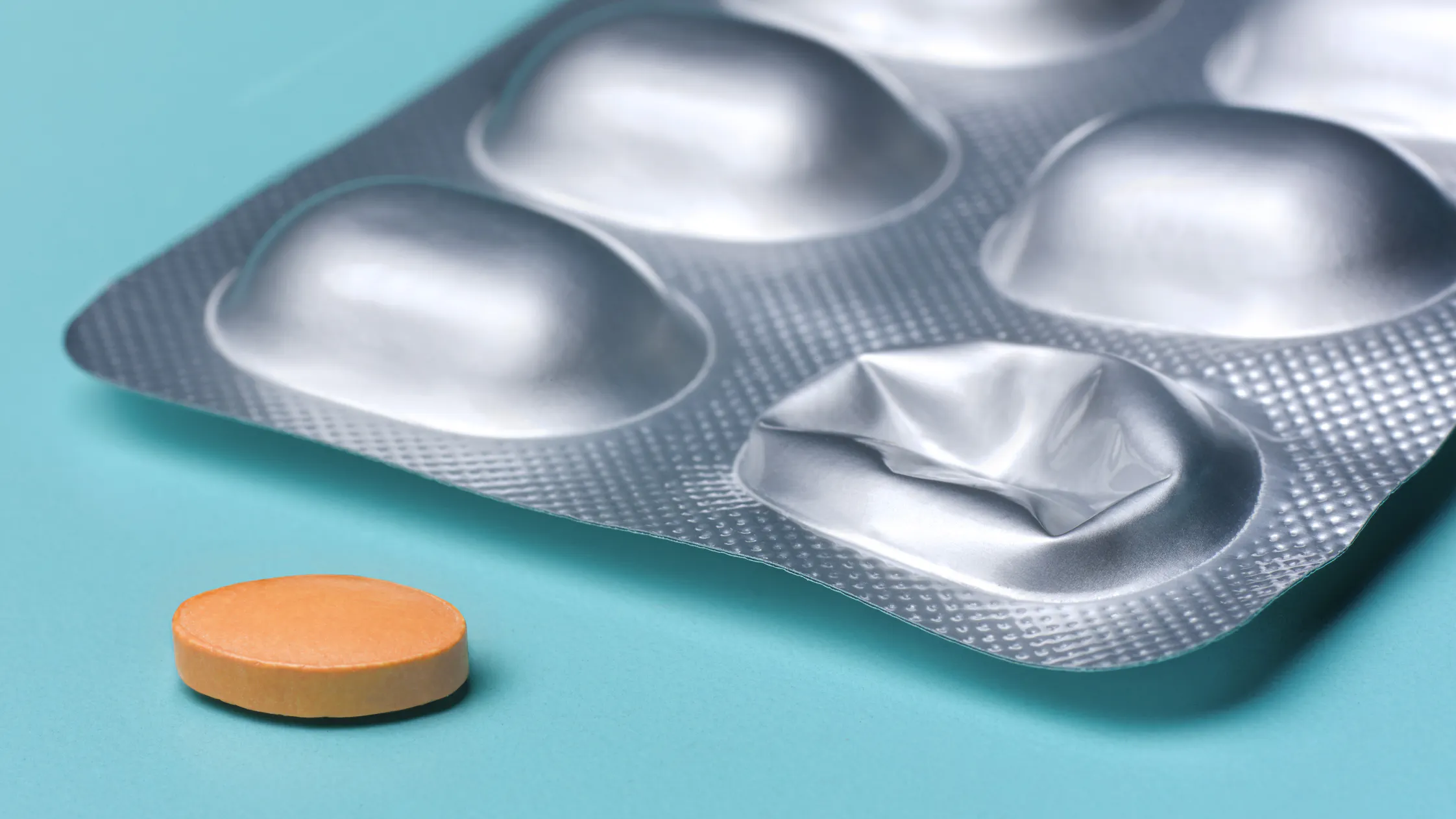Gluttons everywhere can belch a sigh of relief as scientists raise the prospect of having one’s cake and eating it too. Researchers at the University of Texas have announced trials of a new drug called CPACC, which has proven to stave off weight gain in mice no matter how much they stuff their fat little rodent faces. The drug works by inhibiting the flow of magnesium through the mitochondria, the powerhouse of the cell. Excess magnesium seems to slow the mitochondria’s ability to burn calories. By mimicking the deletion of the protein-coding gene that controls the flow of magnesium, the drug effectively increases the body’s metabolism. Clinical trials in humans could begin soon.
Much as this dazzling scientific feat might tantalize obdurate butterballs, one doubts how much people really stand to benefit from Rube Goldberg alchemy when they could achieve the same end by simply abstaining from cupcakes. Obesity weighs on certain psyches more than others, and people struggle to develop the discipline to avoid gluttony. But a magic pill will never solve the problem of obesity because obesity is only the outward symptom of a deeper problem.
Modern society, entranced by liberal materialism, often confuses symptoms for causes. Hence the recently disproven “chemical imbalance” theory of depression, according to which misfiring cerebral pistons make us blue rather than the other way around. Instead of working on their marriages, reconciling with their fathers, finally finishing that degree, finding a job, or even perhaps going to church and recognizing the meaning in purpose in life, patients instead pop a few shrink-prescribed Xanax pills to get them through the week until their next fruitless therapy session. Insomniacs no longer need to change their lifestyle; they have barbiturates. And now gluttons can avoid confronting the causes of their compulsive eating because modern science has produced a pill for that too.
Pharmaceutical companies market such drugs as medicine, responsible tools for improving one’s health. In fact, not only does pill popping not conduce to health; it actively undermines it. Because man is no mere bag of chemicals, and physical ailments that arise from habit signify deeper problems pertaining to virtue and vice, which form and constitute our habits. Drugs might mask those problems, at least for a while. But by leaving underlying causes unaddressed, in the long run drugs only ever make those problems worse.
The roly-polies reaching for the CPACC pill consider pudginess the problem, while the more insightfully obese recognize that the deeper issue lies in the bad habits that made them fat in the first place. But the core problem lurks deeper still: in the concupiscence that inclines us all to sin as a consequence of man’s fall from grace. Atheists might recoil at the religious language, but even they can’t deny the anthropological fact of human imperfection. Gluttons desire a box of donuts because our first ancestor ate an apple.
WATCH: The Michael Knowles Show
Quacks have sought quick fixes to the ills wrought by concupiscence since time immemorial. Wise men since at least the days of Aristotle have understood that a quick fix will never work because the natural remedy to vice is virtue. Natural happiness, then, comes by way of excellent rational activity in accordance with virtue.
Aristotle distinguished between two kinds of virtue: intellectual and moral. The former involves excellence of thinking. We acquire intellectual virtue by taking classes, debating questions, and reading books. One can imagine some technological advancement that would impart intellectual virtue in a more immediate way, by plugging our brains into a computer, say, or even by taking a pill. Moral virtue, on the contrary, is harder won. No one attains moral virtue through books alone because its cultivation entails the disciplining of appetite and desire to accord with our reason, and discipline requires us to develop habits.
The worst-off people ignore their bad habits. Their better-off brethren try to resist vice but often succumb, through incontinence, to temptation. Others, better-off still, successfully break their vices through grit and perseverance. But happy people, who have cultivated virtue, actually enjoy doing good things. One wonders today, in our decadent, skeptical, and impatient age, how many people even understand that the latter two states of being are possible.
It’s a daunting process. But in all the millennia of recorded history, no one has discovered a viable alternative, no matter what modern-day magicians and pill-peddlers try to sell you. Alcoholics Anonymous promotes a helpful slogan on the matter for anyone suffering from addiction, be it to booze or baked goods. “Wherever you go,” the saying goes, “there you are.” Whether at home, at the office, or on a beach in Tahiti, you can never escape your will and desire, and people tend to get what they want. This is the final discovery of the pilgrim Dante in the last lines of the Divine Comedy. “Already my desire and will were being turned,” he relates, “like a wheel that uniformly is moved”—not by a chemical concoction cooked up in some lab, but “by the love that moves the sun and the other stars.”
CLICK HERE TO GET THE DAILY WIRE APP
The views expressed in this piece are those of the author and do not necessarily represent those of The Daily Wire.

Continue reading this exclusive article and join the conversation, plus watch free videos on DW+
Already a member?

.png)
.png)

